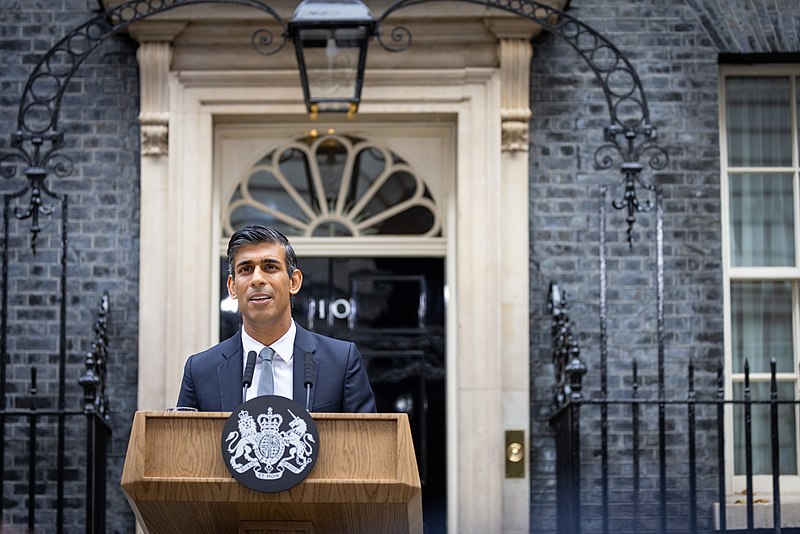
British Prime Minister Rishi Sunak has announced a commitment to introduce a legal cap on immigration if re-elected, addressing one of the key issues ahead of next month’s national vote.
Sunak’s Conservative Party, trailing the opposition Labour Party in polls, stated that if they return to power, lawmakers would vote annually to set immigration levels. This issue has been central to Britain’s political debate for over a decade and was pivotal in the Brexit referendum.
"By capping migration numbers each year, we will ensure that public services are protected and housing is not overburdened, while still bringing in the skills our businesses and NHS (National Health Service) need," the party declared. Despite predictions of their biggest election loss in over a century, the Conservatives remain committed to this policy.
Earlier this year, Sunak introduced new measures to reduce legal migration, such as preventing international students from bringing family members and raising the salary threshold for skilled worker visas.
Annual net migration to Britain decreased to 685,000 in 2023 from a record 764,000 in 2022. Although lower than the previous year, the 2023 figure is still about three times higher than in 2019, when the Conservatives last won with a promise to cut migrant numbers.
"We have taken bold action to reduce the number of people coming to this country. The plan is working, but migration levels are still too high, so we are going further," Sunak stated.
The Conservative government’s controversial policy to send asylum seekers arriving without permission to Rwanda for processing has faced significant legal and parliamentary challenges. Its future now hinges on the party’s election success.
According to a YouGov tracker, immigration and asylum, alongside the state of the health service and the economy, are among the most pressing issues for Britons today. Pho5to by Lauren Hurley / No 10 Downing Street / Open Government Licence v3.0, Wikimedia commons.




































